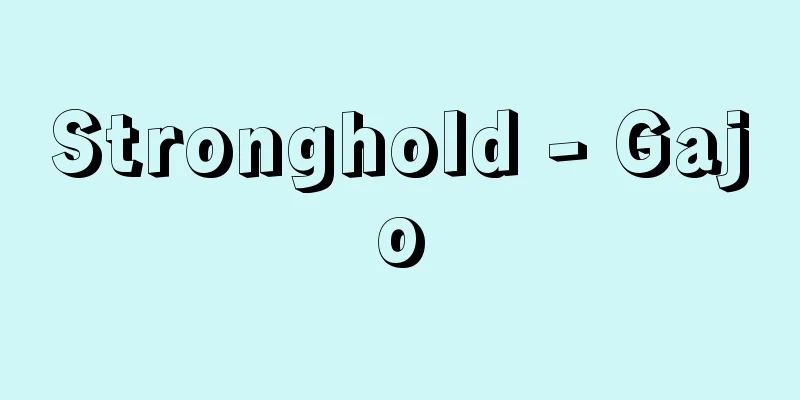Independence of the judiciary
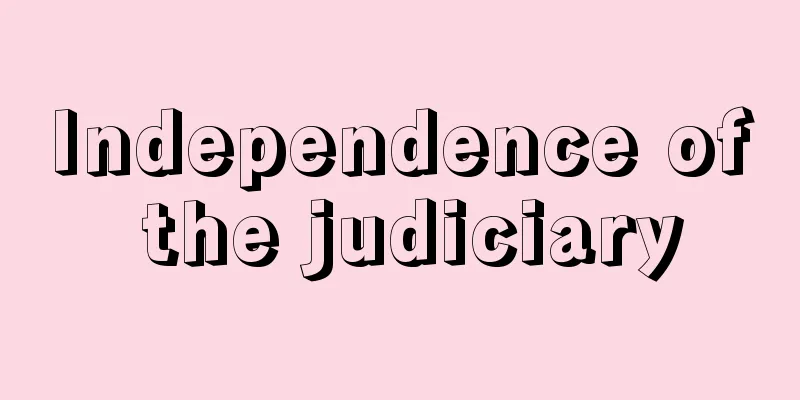
|
When a judge presides over a trial, his/her judgment shall not be influenced by any interference, legally or factually, from the Diet, the government, or any other body. This is also called the independence of judges. The Constitution stipulates that "All judges shall be independent in the exercise of their conscience and shall be bound only by this Constitution and the laws" (Article 76, paragraph 3). In order to guarantee the independence of the judicial power, judges are given particularly strong status protection (Article 78 of the Constitution). → Related topics Otsu Incident | Kojima Koken | Judge | Judicial system Source : Heibonsha Encyclopedia About MyPedia Information |
|
裁判官が裁判をするにあたって,法律的にも事実的にも,議会,政府,その他何ものの干渉によっても判決を左右されないこと。裁判官の独立とも。憲法は〈すべて裁判官は,その良心に従い独立してその職権を行い,この憲法及び法律にのみ拘束される〉(76条3項)と定める。司法権の独立を保障するために裁判官には特に強い身分保障が与えられている(憲法78条)。 →関連項目大津事件|児島惟謙|裁判官|司法機関 出典 株式会社平凡社百科事典マイペディアについて 情報 |
<<: Judicial state - Shihokokka
>>: Legal Training and Research Institute
Recommend
Sulawesi [island] - Sulawesi
A large island in central Indonesia. Formerly call...
Search for a topic
〘 noun 〙 [1] ① At a poetry or haiku gathering, sev...
Fuel consumption rate -
The fuel consumption of a prime mover per unit tim...
Kāfūr (English spelling)
… Muhammad put an end to the political turmoil in...
Diborane
... B10C2H12 , B5CH9 , B4C2H8 , etc. belong to th...
Agricultural statistics
A general term for statistics related to agricultu...
Miso (soybean paste) - Miso
A fermented soybean seasoning that has played an e...
Pteropus dasymallus inopinatus (English spelling) Pteropusdasymallusinopinatus
…[Yoshiyuki Mizuko]. . . *Some of the terminology...
Instant Acquisition - Instant Acquisition
This is a system whereby a party who has entered ...
Ural [Mountains] - Ural
A mountain range that runs north and south through...
Shigekatsu Onogi
... After the Battle of Sekigahara in 1600, the p...
Hiroshima Domain
This was an outside domain that ruled over both A...
Malvaviscuseus orboreus (English spelling) Malvaviscuseusorboreus
... Fringed hibiscus, cut-petaled hibiscus, coral...
Wolfgang Pauli
Swiss theoretical physicist. Born in Vienna, he w...
Patchwork - Patchwork (English spelling)
Patch means to patch, gather, or piece. It also r...


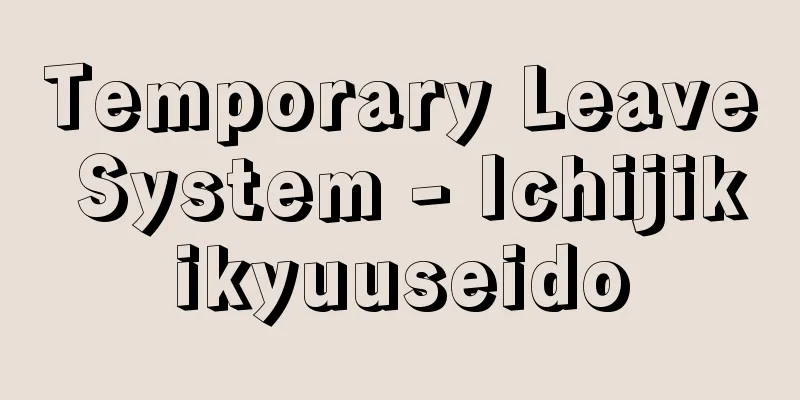
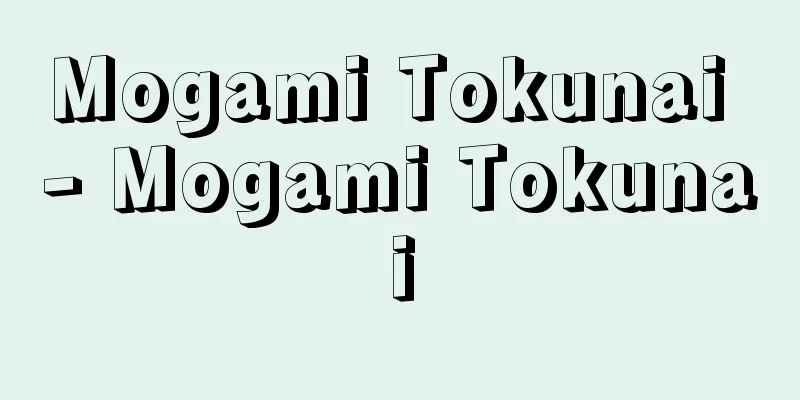


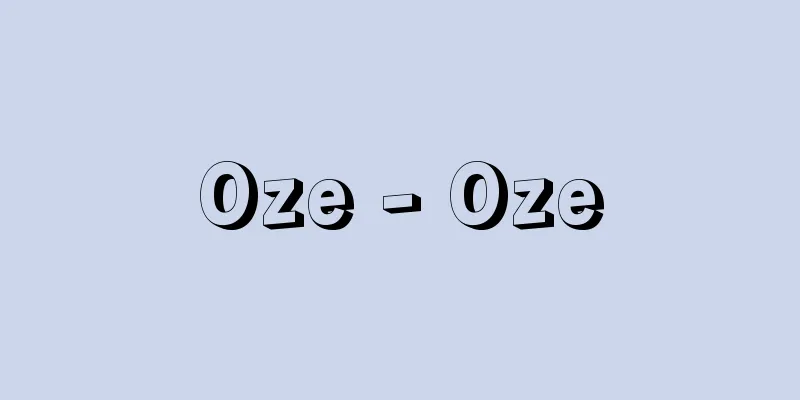
![Hentai [Mountains] - Hentai](/upload/images/67cccf7f748a2.webp)
